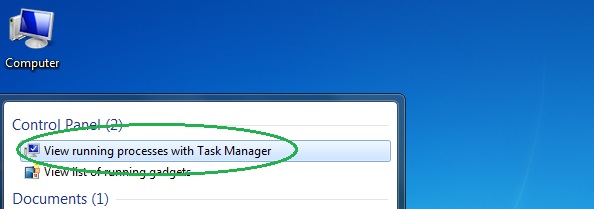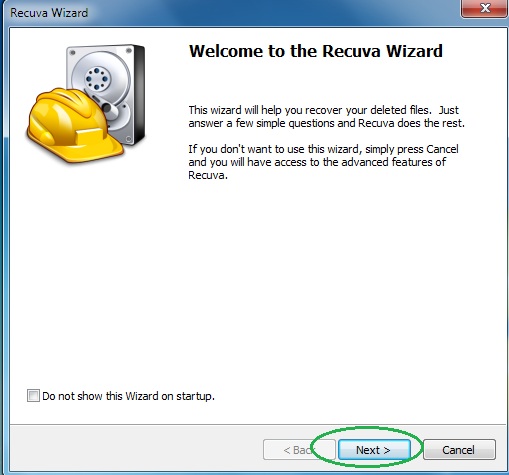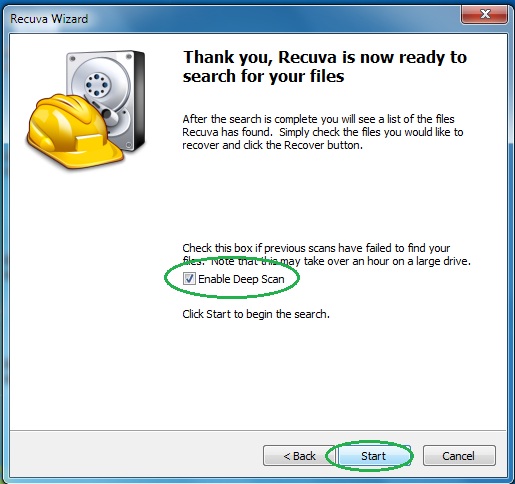[bannerTop]
Welcome to our [email protected] Ransomware removal guide. The following instructions will aid you in removing the unwanted software from your PC for free.
The main theme of the following text is a virus known as [email protected] Ransomware. To summarize the typical behavior of this malicious program in short, we have to say that it’s a Ransomware-like program, which is able to encrypt your most commonly used files. The next thing you can expect from such a virus is the generation of an alert notification, which informs you about the fact that your data has been encrypted, and in order to have access to it again, it is necessary that you pay the hackers.
The worst cyber threat today – [email protected]
Honestly, seldom could you happen to catch a virus more harmful than Ransomware. These programs are the most intrusive and frightening viruses on the Internet. More and more users get contaminated by them, because of the the more and more flexible methods of distribution they use. In the past, when Ransomware first originated, the most common method of spreading such malware was with the help of emails, which contained the virus. Even some of its attachments were contagious. This method is widely spread nowadays as well. However, this malware is on its rise and you may catch it from all kinds of sources on the web such as: the same contaminated email letters, some drive-by downloads, illegal shareware, infected torrents, contagious websites and malvertising.
*Please remember that if [email protected] has infected your PC from a contaminated letter coming from your email, it has most probably infiltrated your system with the help of another virus – a Trojan horse. This means that your PC has some vulnerabilities and you should fix them as soon as you get rid of the viruses.
How this virus encrypts your files:
The way [email protected] encrypts your files is the following: It selects the files, which are going to be encrypted after it has checked all of your hard drives, and has chosen the data which you seem to use/modify most. After that all this data gets enlisted and when that the encryption process gets conducted. In the end, [email protected] displays a very bothering ransom-demanding message, which normally includes payment deadlines and some more threats.
Could the encryption process be stopped or reversed?
This is a question, which cannot be given a concrete “yes” or “no” answer. Normally, it is possible to remove this awful infection. In case you want to do so, we suggest that you go with the instructions in our Removal Guide. Generally speaking, the Ransomware-like programs may be removed when you follow the exact instructions closely. However, getting back your encrypted data may be an entirely different story. No removal steps, no experts, no tool or program will ever be able to guarantee the complete restorantion of your blocked data. More precisely, even paying the requested sum of money might not give you the chance to use the encoded files ever again. All the possibilities when it comes to such extremely malicious infections entirely depend on the goals and desires of the hackers, who are harassing you and the way they have designed [email protected]. Sadly, you might never be able to recover your files, because in most of the cases, the hackers do not have any intention of giving you back the access to them. They are likely to just be after your money and may refuse to give you the decryption key for your data. Neither the payment of the desired ransom, nor removing the virus will restore your files if they are unwilling to do so. But you may be able to recover at least some of the data from system backups, and we will show you how to do that with the help of the below guide.
Our Recommendation
On no condition should you risk giving your hard-earned money to these terrible cyber criminals. As you already know, they might have no intention of restoring your files. Be wise and do not fall for the hope of easily getting the encrypted data again. You had better embrace the fact that you may never be able to use it again. However, you can still try to reverse the infection and remove it. You have a few more options left at your disposal. For instance, paying an expert to remove the infection and try to restore your data may be what you need to do. At least, you will spend your finances wisely. One more good possibility is to implement the instructions in our Removal Guide. They may save you and your system.
[email protected] Ransomware Removal
Here is what you need to do in order to remove a Ransomware virus from you computer.
I – Reveal Hidden files and folders and utilize the task manager
[bannerMiddle]
- Use the Folder Options in order to reveal the hidden files and folders on your PC. If you do not know how to do that, follow this link.
- Open the Start Menu and in the search field type Task Manager.

- Open the first result and in the Processes tab, carefully look through the list of Processes.
- If you notice with the virus name or any other suspicious-looking or that seems to consume large amounts of memory, right-click on it and open its file location. Delete everything in there.
[bannerMiddleSecond]

- Make sure that the hidden files and folders on your PC are visible, else you might not be able to see everything.
- Go back to the Task Manager and end the shady process.
II – Boot to Safe Mode
- Boot your PC into Safe Mode. If you do not know how to do it, use this guide/linked/.
III – Identify the threat
- Go to the ID Ransomware website. Here is a direct link.
- Follow there in order to identify the specific virus you are dealing with.
IV – Decrypt your files
- Once you have identified the virus that has encrypted your files, you must acquire the respective tool to unlock your data.
- Open your browser and search for how to decrypt ransomware, look for the name of the one that has infected your system.
- With any luck, you’d be able to find a decryptor tool for your ransomware. If that doesn’t happen try Step V as a last ditch effort to save your files.
V – Use Recuva to restore files deleted by the virus
- Download the Recuva tool. This will help you restore your original files so that you won’t need to actually decrypt the locked ones.
- Once you’ve downloaded the program, open it and select Next.

- Now choose the type of files you are seeking to restore and continue to the next page.
- When asked where your files were, before they got deleted, either use the option In a specific location and provide that location or choose the opt for the I am not sure alternative – this will make the program look everywhere on your PC.

- Click on Next and for best results, enable the Deep Scan option (note that this might take some time).

- Wait for the search to finish and then select which of the listed files you want to restore.






Leave a Reply